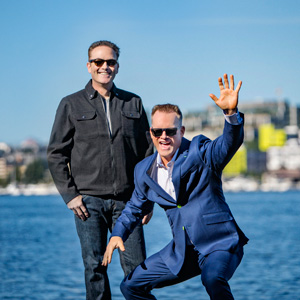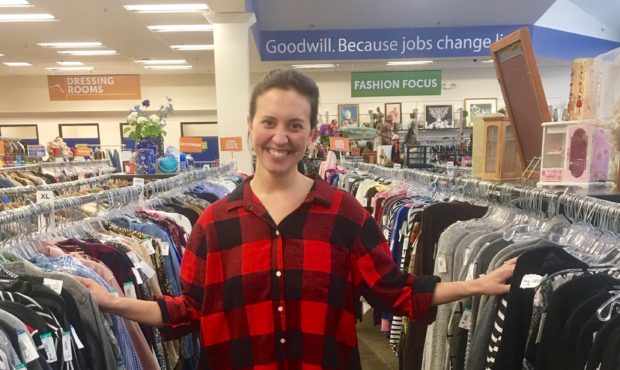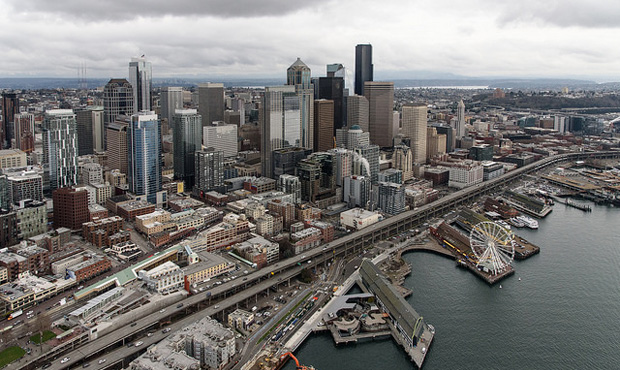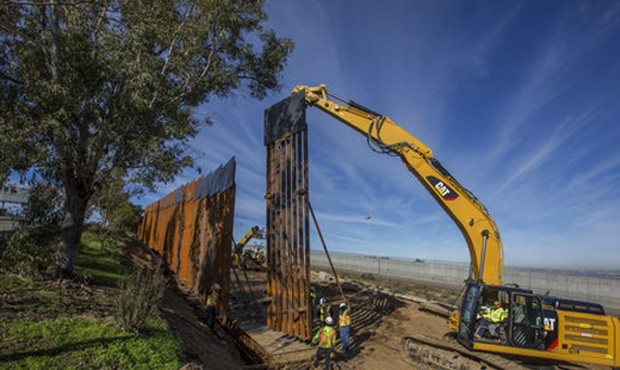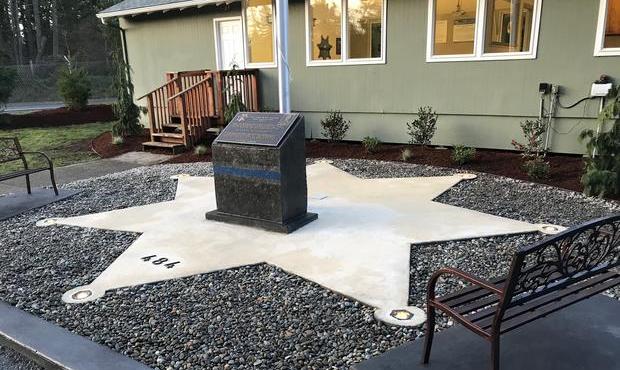Expert: Starbucks implicit bias training likely won’t have an impact
Apr 18, 2018, 7:21 AM | Updated: 8:33 am

A Starbucks barista holds an iced tea drink with a "Race Together" sticker on it at a Seattle store in 2015. Starbucks is trying to tamp down a racially charged uproar over the arrest of two black men at one of its stores in Philadelphia. (AP Photo/Ted S. Warren, File)
(AP Photo/Ted S. Warren, File)
Starbucks will close more than 8,000 company-owned coffee shops in the United States on the afternoon of May 29 to hold implicit bias training.
RELATED: Disappointed in employees and cops, but what about Starbucks?
“Unconscious bias, or implicit bias, these are attitudes and stereotypes that influence your perceptions and judgments without your being aware of it,” University of Washington Professor Anthony Greenwald told KIRO Radio’s Ron and Don. “You may not know you possess these biases.”
About 175,000 Starbucks employees will take part in the program. The training will also become standard practice when hiring new employees.
“Unfortunately, this may not have any desirable effect,” Greenwald said. “Starbucks would be wise to check out the scientific evidence on training and implicit bias. It appears to be the right thing to do, but this training has not been shown to be effective by researchers. And it’s even been found, sometimes, to be counterproductive. So it’s going to appear that Starbucks is doing the right thing. But there’s actually no reason to believe that the training will change anything.”
Greenwald literally wrote the book on implicit bias. It’s call “Blindspot: Hidden Biases of Good People.” He says there is currently no known method that can overcome implicit bias. The best approach is to simply not provide an opportunity for unconscious prejudices. For example, Greenwald points to a 1990s study, when symphonies held blind auditions. Conductors could not see who was performing. The result was a sudden jump in the number of women hired to symphonies.
“I think companies and police departments, and hospitals and others that produce disparities as a result of implicit biases, need to monitor their operations and find out where their operations are producing a different impact on African Americans, or Hispanics, or Muslims they serve compared to the European Americans or whites that they serve,” Greenwald said. “Almost every organization is going to find some evidence of those disparities.”
Starbucks and implicit bias
The one-day training comes after Starbucks received widespread negative media. Two black men who did not purchase anything at the coffee shop were arrested in Philadelphia.
“I’ve spent the last few days in Philadelphia with my leadership team listening to the community, learning what we did wrong and the steps we need to take to fix it,” said Starbucks CEO Kevin Johnson. “While this is not limited to Starbucks, we’re committed to being a part of the solution. Closing our stores for racial bias training is just one step in a journey that requires dedication from every level of our company and partnerships in our local communities.”
RELATED: Don’t walk into Starbucks with a loaded bladder
While Greenwald argues that bias training doesn’t do much, he said this is a perfect example to discuss and learn from.
“The manager made a judgment or a decision that these two African American customers were in some sense undesirable people,” he said. “…she would not have made that judgment had they been white – of course, we don’t know that. But what she did is probably something that others would have thought about doing or done themselves. Many people would have done this. This is a normal kind of behavior, sad to say.”
Greenwald says that “a great many people,” regardless of background, carry implicit biases with them. Every culture promotes its own stereotypes. But he also says that people should not confuse these unconscious prejudices with racism.
“I don’t consider this racism,” he said. “I think racism is deliberate, malevolent, wishing bad things to happen to people of a different race than you. So I don’t see any reason to attribute that to the manager.”

